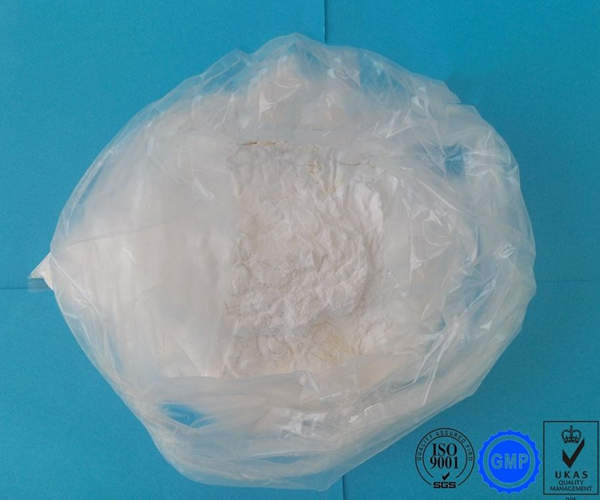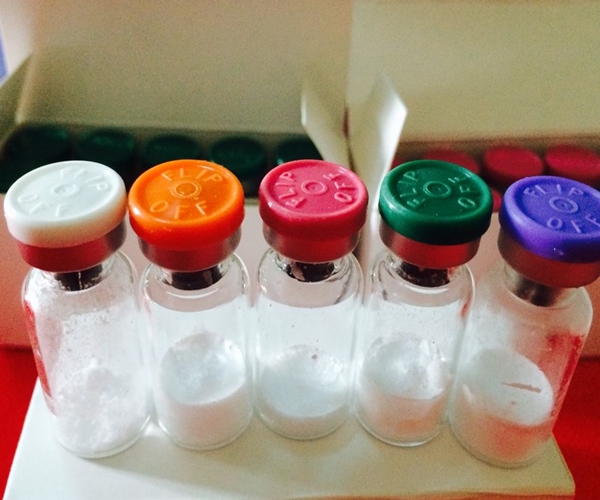Carnosine (bêta-alanyl-L-histidine) est un dipeptide des acides aminés bêta-alanine et histidine. Il est fortement concentré dans les tissus musculaires et cérébraux.
Comme la carnitine, carnosine est composé du mot racine carn, signifiant chair, faisant allusion à sa prévalence dans les protéines animales. Un végétarien (surtout végétalien) le régime alimentaire est déficient en carnosine adéquate, par rapport aux niveaux trouvés dans un régime standard.
Carnosine can chelate divalent metal ions.
Carnosine can increase the Hayflick limit in human fibroblasts,as well as appearing to reduce the telomere shortening rate. Carnosine is also considered as a geroprotector.
Uses of L-carnosine:
L-carnosine’s health benefits are generally due to its antioxidant properties, which support many age-related conditions. The specific uses of l-carnosine include support for the skin, joints, digestive system and memory.
Skin support:L-carnosine can help defy the visible signs of aging in the skin. It helps to maintain the skin’s elasticity, which can minimize wrinkles.
Memory support:L-carnosine may help support brain health as well as help improve absentmindedness and memory recall.
Digestive health support:L-carnosine may help support the digestive system manage Helicobacter pylori, a species of bacteria that can cause peptic and gastric ulcers.
Joint support: L-carnosine supports joint health by supporting healthy inflammation management and delaying the onset of joint conditions that can occur as you age.
Applications OF L-Carnosine:
1. New food additives.
2. Carnosine is β-alanine and histidine dipeptide composition, can be synthesized in animals
3. Carnosine in meat processing to inhibit fat oxidation and protect the role of flesh.
4. Prevent skin aging and skin whitening effect.
5. Carnosine as raw material to the antioxidant agents to treat senile cataract.
6. Can promote wound healing.














